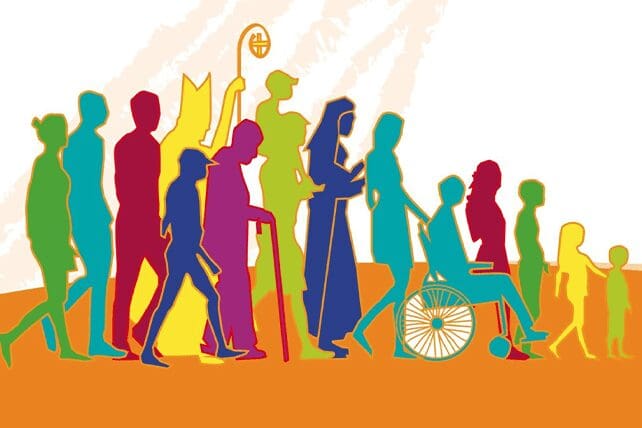“The question of the diaconate for women came up repeatedly in many summaries,” said Anna Rowlands, associate professor of Catholic social thought and practice at the University of Durham who participated in drafting the document in Frascati.
Calls for female inclusion in the church have grown stronger in recent years, especially appealing for women to become deacons, who can preach and minister but cannot celebrate Mass. While Francis has created two commissions to discuss the female deaconate, it remains a controversial topic, with critics fearing it will open the door to women becoming priests.
“We are not pushing for any agenda,” said the Rev. Giacomo Costa, a consultant on the synod, at the news conference, adding that the question of female leadership and involvement in the church “could alone have constituted a theme for a synodal assembly.”
Synod organizers admitted that the poor, including migrants and refugees, were less represented in the summaries, noting the challenges they faced in taking part in the synodal discussions. “A process of reaching out is absolutely what we need to happen in the next phase,” Rowlands said.
The document will be sent to seven continental assemblies where bishops, priests, deacons, religious and lay people will discuss it and present a final document to the Vatican by March 31. The Vatican’s synod office will then put together a new summary that will become the working document for two summits of bishops at the Vatican, in October 2023 and the following year.
The synod will be a key to the Catholic Church’s ability to engage and evangelize in the modern world, synod organizers said. “For me, synodality and mission are the two faces of the same medal,” Grech said. “Unless we become a synodal church we will fail to proclaim the joy of the gospel to humanity today.”
This article originally appeared here.

